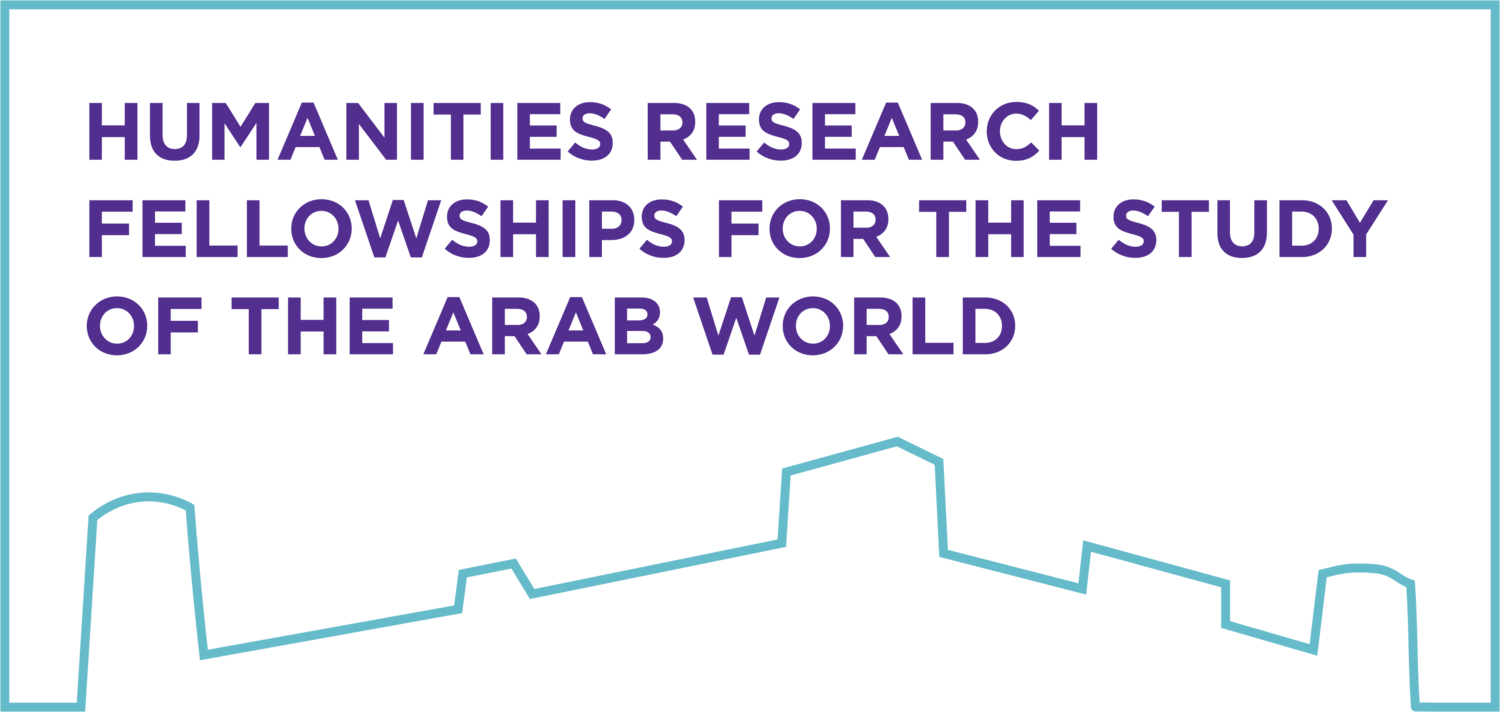Traces of Arabian resins and perfumes appear in history as part of the material religion for all Abrahamic faiths. But when and how did incense play an important role in the religious settings, practices, and ceremonies of Islam, Christianity, and Judaism, specifically? How were aromatics traded, circulated, and used for purposes of piety and sanctity? What were their meanings both figuratively and metaphorically in sacred texts and associated commentaries? And how might we understand religious perspectives better from seeing how aromatics as scents were introduced into sacred rituals of the Abrahamic faiths, thereby transforming believers' practices as worship?
A small working group of scholars will be convened for papers and panel discussions during Ramadan to further research in the field of religious studies, history and heritage focusing on the subject of Arabian gum-resins/fragrances in textual sources and their entangled uses and depictions of related incense paraphernalia in mosques, churches, and synagogues throughout history.
Convened by William Zimmerle (Senior Lecturer, Arts and Humanities; Affiliated Faculty Member of the Arab Crossroads Studies Program and History Program)
March 25, 2024
In-Person (NYUAD Campus) and on Zoom
The workshop is open to the NYUAD community and by invitation only. Registration has closed.
